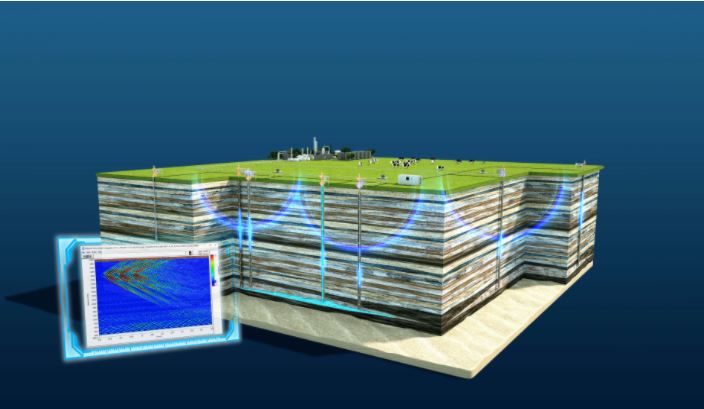A respected international energy and technology expert has been appointed as the Australian oil and gas industry’s new Director of Net Zero Technologies, reaffirming the sector’s focus and increasing program of work on emissions reduction and ways to use gas in a cleaner energy future.
Brendan Beck, who has held senior roles at the World Bank and the International Energy Agency, will focus his work on critical climate change mitigation technologies including carbon capture utilisation and storage (CCUS) and clean hydrogen.
Mr Beck said: “Technology development and deployment is at the heart of meeting climate mitigation targets in Australia and globally.

“The Australian oil and gas industry is already at the forefront of deploying the step-change technologies needed to reach net zero, including clean hydrogen and CCUS. This experience, combined with world-class energy and CO2 storage resources as well as strong commercial partnerships, means APPEA members will play a pivotal role in reaching a cleaner energy future.
“Clean hydrogen, using natural gas with CCUS, is currently by far the lowest cost pathway to lowcarbon hydrogen – meaning significantly more ‘emissions reductions-bang for your buck’ compared to alternative pathways.
“APPEA members are also leading the way with developing renewable-based hydrogen, scaling up the technology and driving costs down in the process.
“The sector is on par with the United States, Canada and Norway in the development and deployment of CCUS technologies, with Chevron’s Gorgon project in Western Australia representing the largest CCUS project anywhere in the world and the CO2CRC Otway project, one of the longest running CCUS research projects. Santos and Beach Energy’s Moomba project is under construction in South Australia with the pipeline of CCUS projects in Australia continuing to grow.
“Clean hydrogen and CCUS are not only important technologies in reducing emissions across the oil and gas supply chain, but they will also be critical to reaching net zero across the whole economy.
“Hydrogen and CCUS are widely seen, including by the Intergovernmental Panel on Climate Change (IPCC) and the IEA, as key technologies for reducing emissions in many hard-to-abate industrial sectors such as cement, steel and chemical production, where emissions from high-temperature heat and industrial processes cannot be addressed through electrification.
“Further, CCUS is central to large-scale negative emissions, both via direct air capture with carbon storage (DACCS) and bioenergy with CCUS, which will be important to reaching net zero, addressing residual emissions elsewhere in the economy, such as in agriculture.





